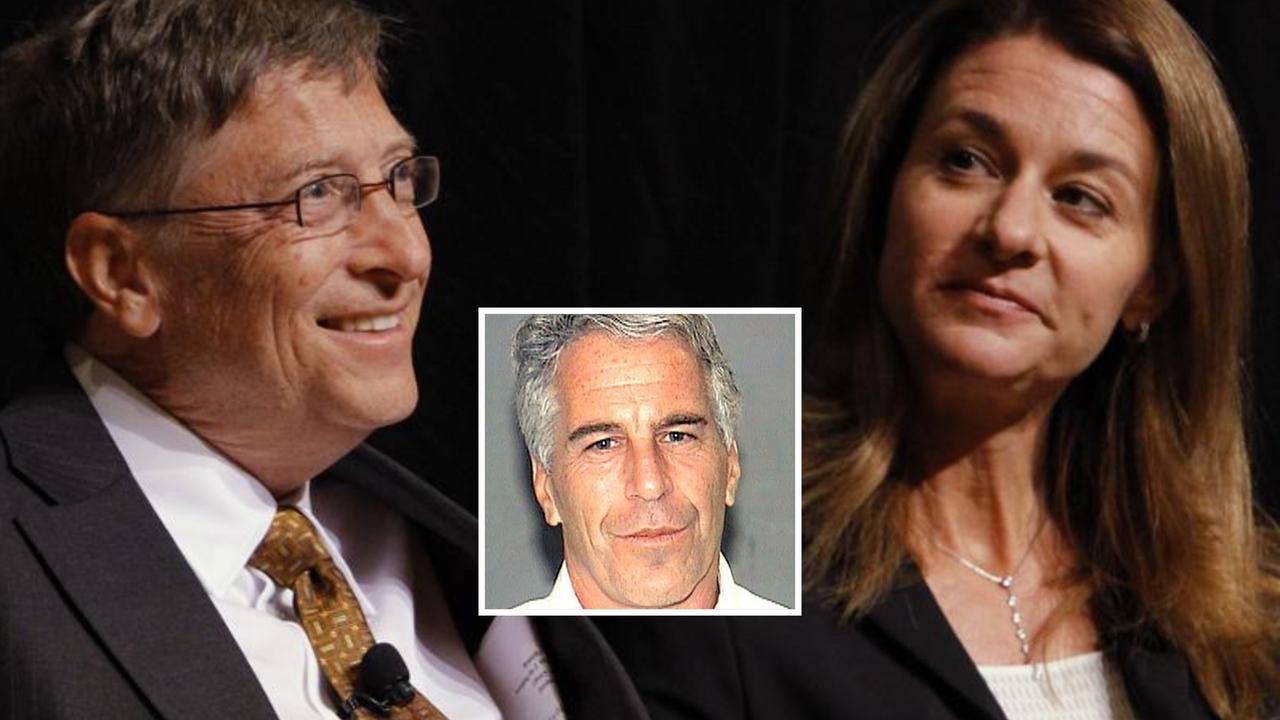How the two-decade manhunt for a killer became a story with terrible timing
Kind grandfather, good husband – and one of the world’s most wanted men. A retelling of the 23-year hunt for a CIA chief’s killer unearths some uncomfortable questions.
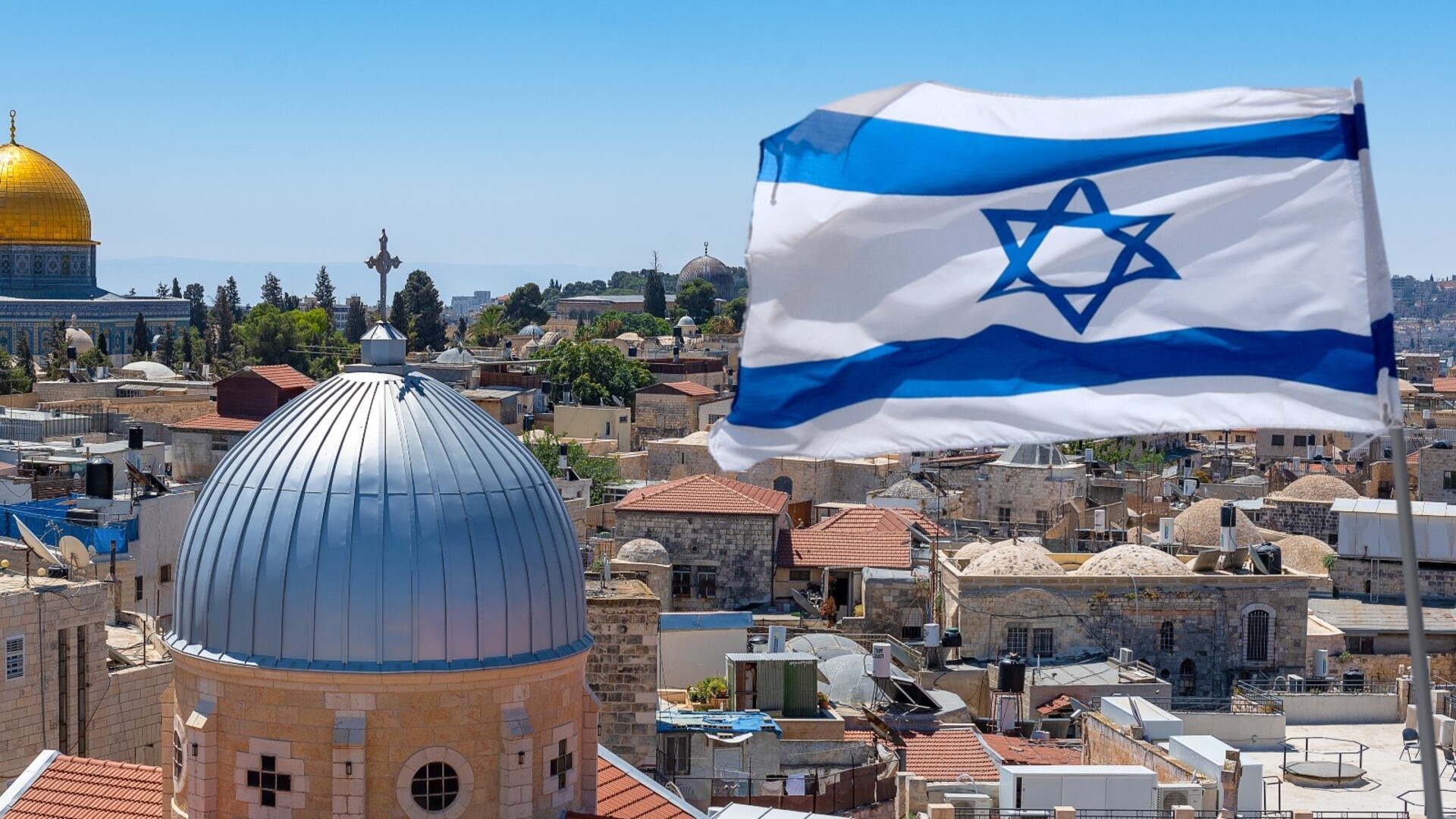
Books
Don't miss out on the headlines from Books. Followed categories will be added to My News.
Israel’s invasion of Gaza in 2023 came six days after Hamas murdered 1200 Israelis, many attending a music concert near the Gaza border, on October 7.
My novel, Beirut Station, about an earlier Middle East war, was published in the US on October 5, and the coincidence of the book’s publication and the war seemed prescient to some readers.
Beirut Station tells the story of Israel’s 2006 invasion of Lebanon through the eyes of a Lebanese American Muslim working for the CIA, and her Mossad counterpart, a Lebanese Jew, who was forced to flee Beirut as a boy after his father was slain by Hezbollah terrorists. The novel follows the efforts of the CIA and Mossad to assassinate a Hezbollah leader.
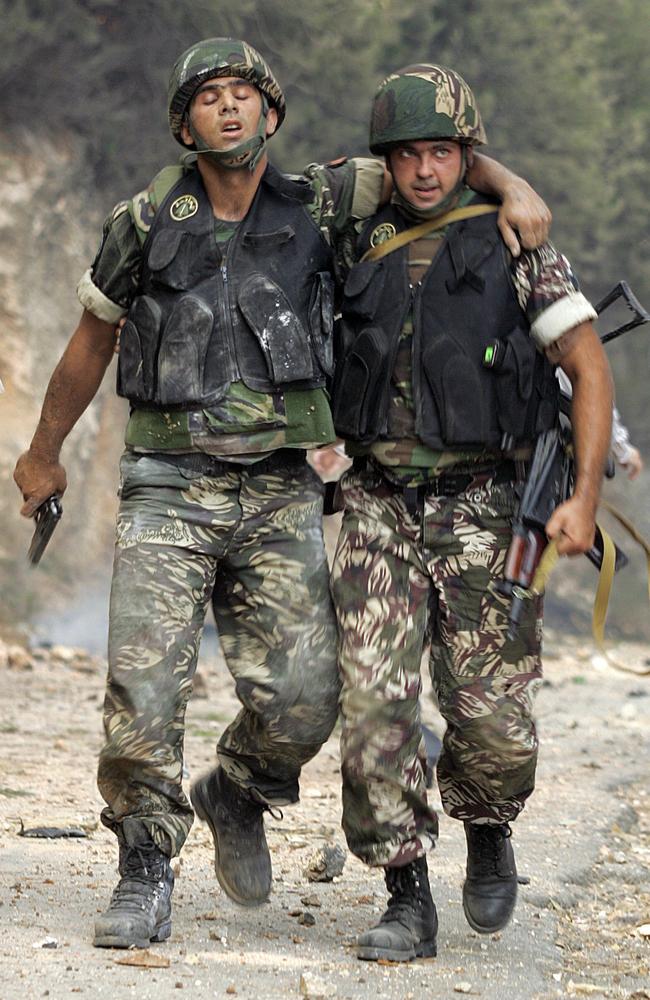
Some readers in the weeks after publication called the novel’s depiction of Mossad and Israel’s political leaders shameful. That judgment came before Israel’s bombing campaign and ground operations killed over 30,000 Palestinians in Gaza. Most people, however, read the novel for what it is – a story that braids together acts of love and revenge in a war zone.
The coincidence of the book coming out in the US the same week as the start of the war, caused me to reflect on what I’d written. I finished the book in late 2022, but it’s a year from the time a novelist hands in a manuscript to the time it appears on bookstore shelves.
A part of me knew there would be another war in the region. History repeats itself. The Israeli Hezbollah war in 2006 was the seventh war since Israeli’s founding in 1948, and with the underlying issues unresolved, it was easy to conclude that another war would come – at some point.
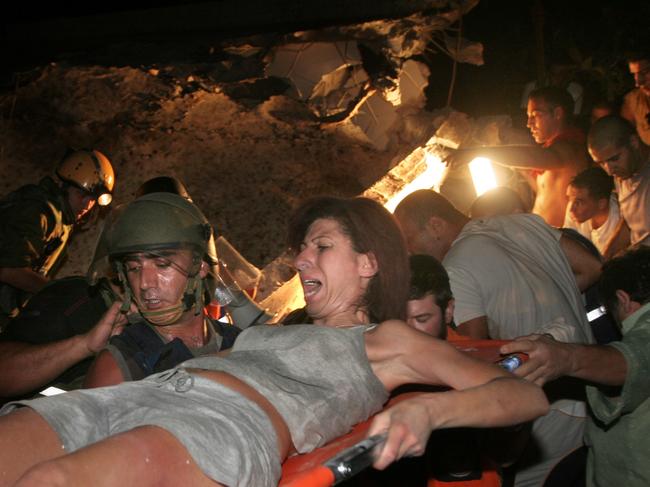
Recurring violence in the region is a motif in the novel. The book’s epigram is from Aeschylus’s trilogy, The Oresteia. “The spirit lives within me, our savage ancient spirit of revenge.” The Oresteia was written in 458 BC, but the cycle of violence that it depicts is an apt metaphor for the sad current history of the region.
The novel’s inciting incident is based on an historical fact – Hezbollah’s abduction and murder of CIA station chief William Buckley in 1985. Imad Mughniyeh, the Hezbollah terrorist who masterminded Buckley’s abduction, was pursued for twenty-three years and finally killed by Mossad in Damascus with the help of the CIA. In my novel, Mughniyeh becomes Qassem, and he’s killed in a joint CIA Mossad operation during the 2006 war. I change the year of the extrajudicial murder, and the city, but the means is the same: explosives packed into the door of an SUV that are remotely triggered by cellphone as he passes the vehicle.
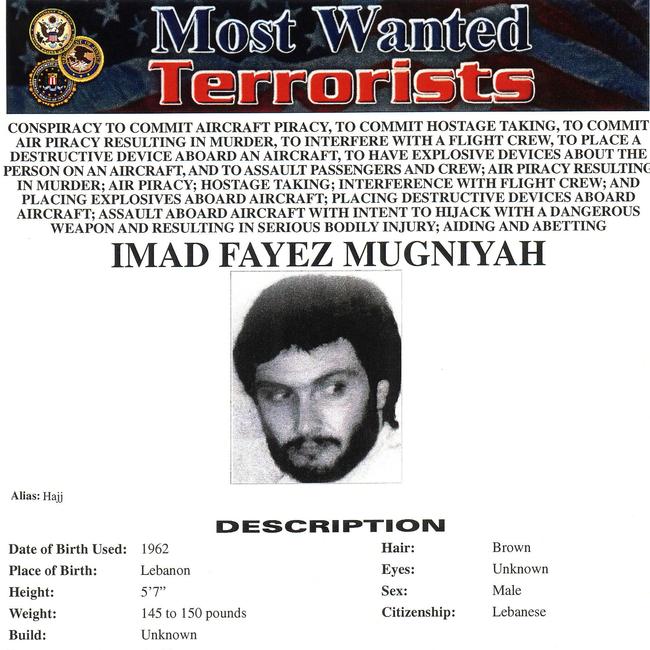
I set the novel in Beirut in the 2006 war because the city provided a rich backdrop for the story I wanted to tell. During the 1950s and 1960s, Beirut was known as the Paris of the Mediterranean. It drew liberal Arab thinkers from the region’s authoritarian regimes, and was a meeting place for spy agencies in the Cold War. Atmospheric, a jewel on the Eastern Mediterranean, socially broadminded. It was the ideal setting for the events I wanted to describe, the characters I wanted to develop, and the themes I wanted to explore.
My protagonist, Analise Assad, ostensibly works for the UN – it is her cover story – but she is part of the CIA team that targets Qassem. She is from a broken suburban home: the daughter of a Christian English woman and a Lebanese Muslim father, she is drawn to her Lebanese roots. She finds herself in a fraught relationship with an American journalist who is reporting on the war, and at the same time, she works with a Mossad agent, a Lebanese Jew, who brings a personal grievance to their assignment to take out the Hezbollah target.

Analise is troubled by the morally ambiguous work that puts her on the targeting team. Qassem leads a terrorist organisation, but he’s also a kind grandfather and good husband. The story asks some hard questions. Who has the right to decide if a person should die? Is there culpability if innocent children become collateral damage? In the new world order of stateless terrorism, extrajudicial executions have become an acceptable tool of the trade. How does that affect the men and women who carry out those missions?
Beirut Station has all the tropes of a thriller – revenge, betrayal, war. But at its heart, it’s a story about the redemptive power of love.
Near the end of The Oresteia’s final play, The Eumenides, Athena has convinced the Furies not to punish Orestes for murdering his mother. She says, “Never waste our youth, inflaming them with the burning wine of strife.” It’s an apt comment that is close to the heart of my novel.
Beirut Station by Paul Vidich is available now in Australia, published by No Exit Press.
Share your views – and what’s on your summer reading pile – at The Sunday Book Club group on Facebook.
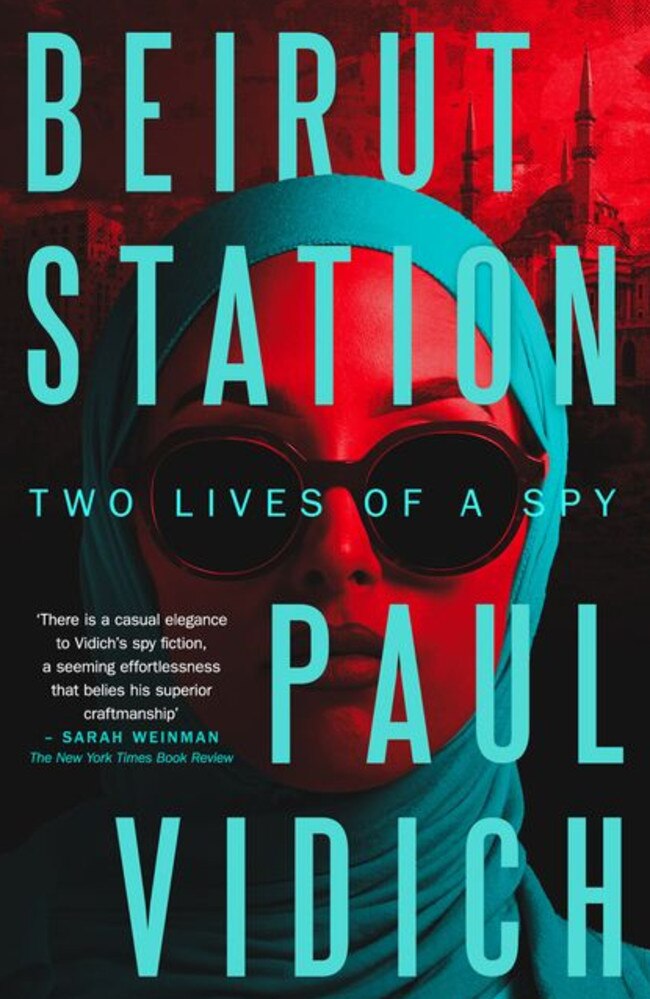
Originally published as How the two-decade manhunt for a killer became a story with terrible timing


